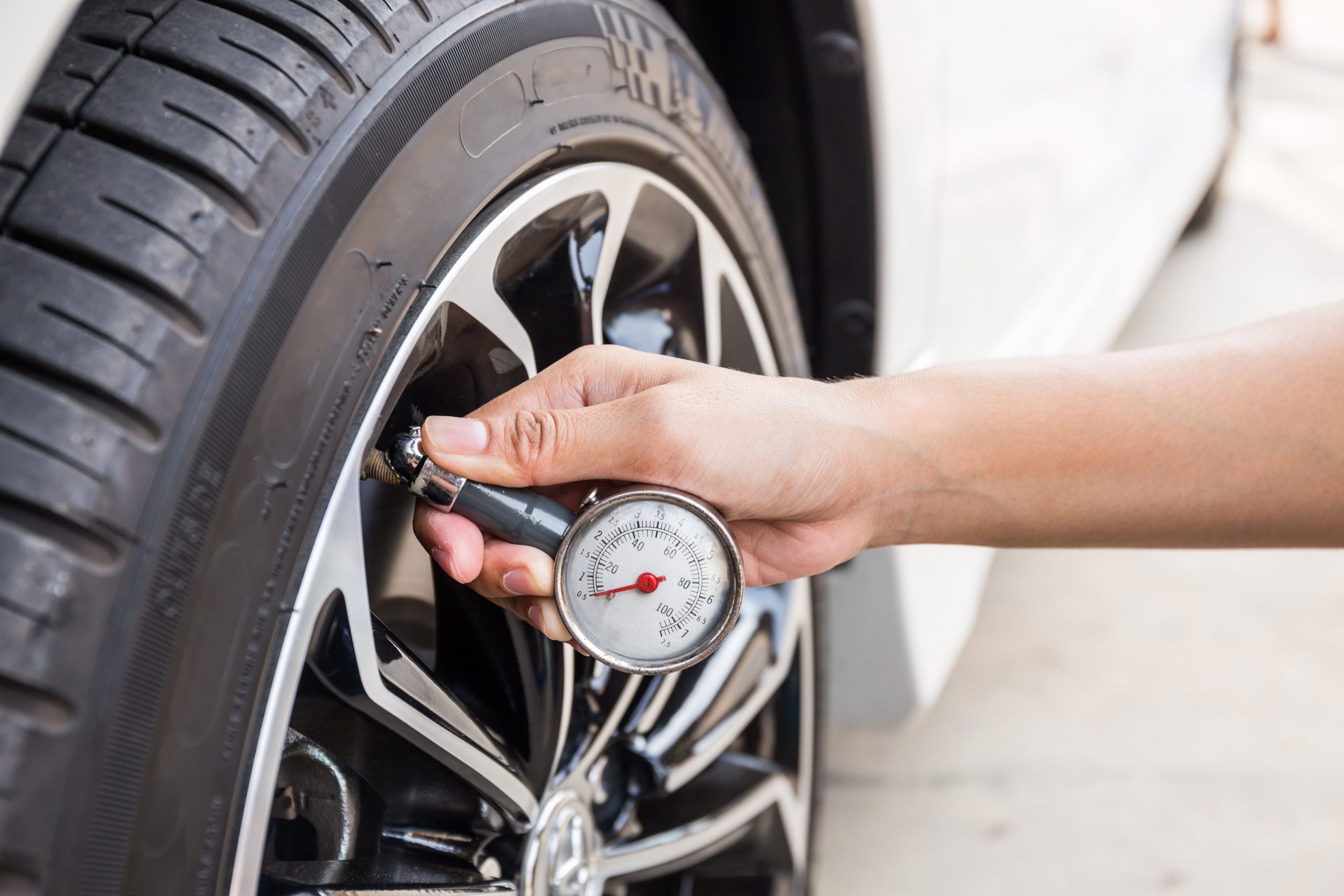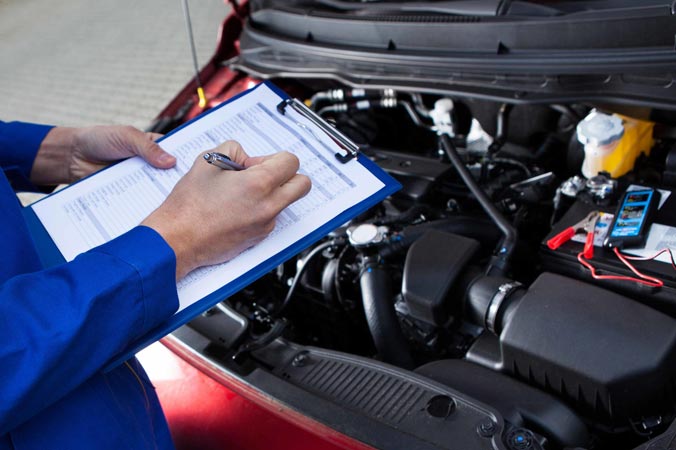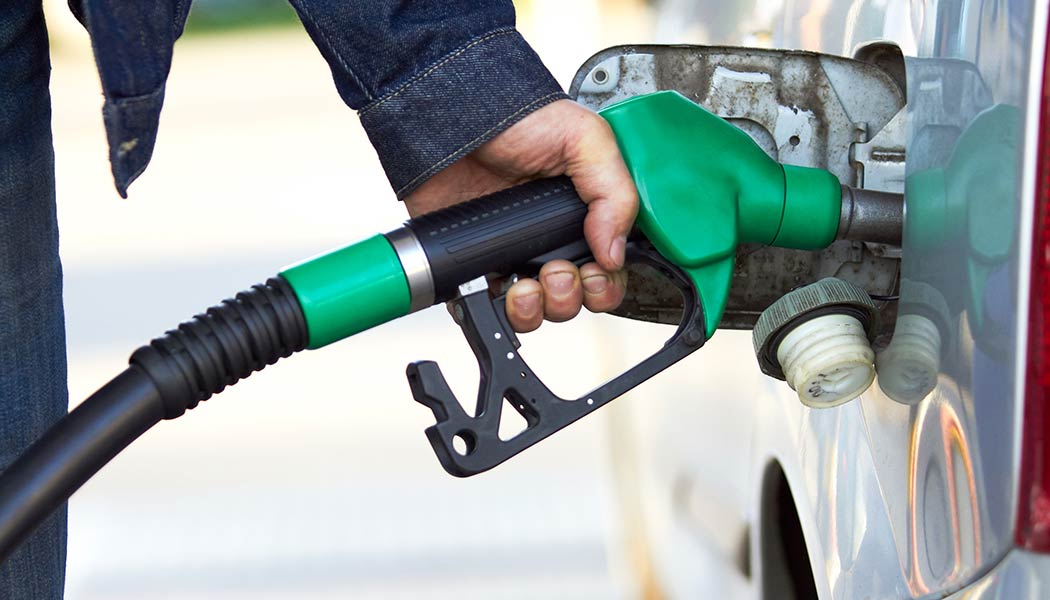In today’s world, the cost of fuel is a significant concern for many drivers. With fluctuating fuel prices and the impact of driving on the environment, finding ways to save fuel without sacrificing performance is a common goal. Fortunately, there are several strategies you can implement to achieve this balance. By adopting fuel-efficient driving habits, maintaining your vehicle, and making smart choices, you can reduce fuel consumption while still enjoying a smooth and powerful ride.
Whether you’re looking to save money at the pump, reduce your carbon footprint, or simply get more miles out of each tank, these tips will help you optimize your fuel efficiency. In this article, we will explore effective ways to save fuel without compromising on performance, ensuring you can enjoy both economy and driving pleasure.
1. Maintain Proper Tire Pressure
One of the simplest and most effective ways to save fuel is by maintaining proper tire pressure. Underinflated tires create more rolling resistance, which means your engine has to work harder to move the vehicle. This increased effort results in higher fuel consumption and can also lead to premature tire wear. Conversely, overinflated tires reduce traction and can cause uneven wear.
Regularly checking and maintaining your tire pressure at the manufacturer-recommended levels can help optimize fuel efficiency. Use a reliable tire pressure gauge to measure the pressure and adjust it as needed.

It’s best to check tire pressure when the tires are cold, as driving heats them and can give an inaccurate reading. Keeping your tires properly inflated ensures that your vehicle runs smoothly and consumes less fuel.
Additionally, it enhances safety and extends the lifespan of your tires. Consistent tire maintenance contributes to better fuel economy and a safer driving experience. Make it a habit to check tire pressure at least once a month and before long trips. Proper tire pressure not only saves fuel but also improves vehicle handling, providing you with a more comfortable and efficient ride.
2. Drive Smoothly and Avoid Aggressive Driving
Aggressive driving behaviors such as rapid acceleration, hard braking, and speeding can significantly decrease fuel efficiency. These actions force your engine to work harder, burning more fuel. Practicing smooth and steady driving can optimize fuel consumption and maintain your vehicle’s performance. Gradually accelerate and decelerate, and avoid sudden stops.
Maintaining a consistent speed, especially on highways, helps reduce fuel usage. Utilizing cruise control on flat terrain can also enhance fuel efficiency by preventing unnecessary speed fluctuations.

Observing traffic flow and anticipating stops and starts minimize the need for braking and acceleration. Not only does this driving style save fuel, but it also reduces wear and tear on your vehicle, resulting in lower maintenance costs.
Smooth driving techniques improve fuel economy without compromising on performance. By adopting a gentler driving approach, you contribute to a more sustainable environment and enjoy a longer-lasting vehicle. Consistently practicing smooth driving habits will make a significant difference in your fuel consumption.
3. Keep Your Vehicle Well-Maintained
Regular vehicle maintenance is crucial for optimal fuel efficiency. A well-maintained engine runs more efficiently and consumes less fuel. Ensure you follow your vehicle’s maintenance schedule, including tasks like oil changes, air filter replacements, and spark plug inspections. Clean and functioning components allow the engine to operate smoothly and efficiently. Additionally, check for issues that could affect fuel efficiency, such as clogged fuel injectors or a malfunctioning oxygen sensor.

Addressing these problems promptly can prevent a decline in performance and fuel economy. Keeping your vehicle well-maintained not only saves fuel but also extends the life of your car and ensures a reliable driving experience. Regular maintenance checks help identify and resolve potential issues before they become major problems.
Investing in proper maintenance improves your vehicle’s performance, making your driving experience more enjoyable and cost-effective. Maintaining your vehicle’s health is key to achieving long-term fuel savings and optimal performance. A proactive approach to vehicle care ensures that your car runs smoothly and efficiently.
4. Reduce Excess Weight
Carrying unnecessary weight in your vehicle can decrease fuel efficiency. The heavier the vehicle, the more fuel it requires to move. To improve fuel economy, remove any unnecessary items from your car, including those in the trunk, backseat, and roof rack. Even small reductions in weight can make a difference in fuel consumption over time. If you use a roof rack or cargo carrier, remove it when not in use to reduce aerodynamic drag.

Keeping your vehicle as light as possible ensures that your engine doesn’t have to work harder than necessary, leading to better fuel efficiency. Regularly clean out your car and remove items that are not needed for your trips.
Reducing excess weight results in a more fuel-efficient and responsive ride. By paying attention to the weight your vehicle carries, you can achieve significant fuel savings and enjoy a smoother driving experience. A lighter vehicle is easier to handle and requires less energy to operate, contributing to fuel efficiency.
5. Plan Your Trips and Routes
Planning your trips and routes can help you save fuel and time. Combine errands into one trip to minimize the distance traveled and reduce the number of cold starts, which consume more fuel. Use navigation apps to find the most efficient routes and avoid traffic congestion. Additionally, consider the time of day when planning your trips to avoid peak traffic hours.
Smooth and uninterrupted driving conserves fuel compared to stop-and-go traffic. If possible, use alternative transportation methods, such as carpooling or public transportation, to further reduce fuel consumption. Being strategic about your trips and routes optimizes fuel efficiency and makes your driving experience more enjoyable.
Taking a few extra minutes to plan can result in significant fuel savings and a more efficient journey. Effective trip planning ensures that you maximize fuel economy while minimizing time spent on the road. By thoughtfully organizing your travel, you contribute to better fuel management and a more sustainable driving routine.
Saving fuel without sacrificing performance is achievable with the right strategies and habits. Maintaining proper tire pressure, driving smoothly, keeping your vehicle well-maintained, reducing excess weight, and planning your trips are all effective ways to improve fuel efficiency.
By incorporating these practices into your driving routine, you can enjoy the benefits of reduced fuel costs, a lower carbon footprint, and a smoother, more enjoyable ride. Stay proactive in your efforts to save fuel, and you’ll find that small changes can lead to significant results.

